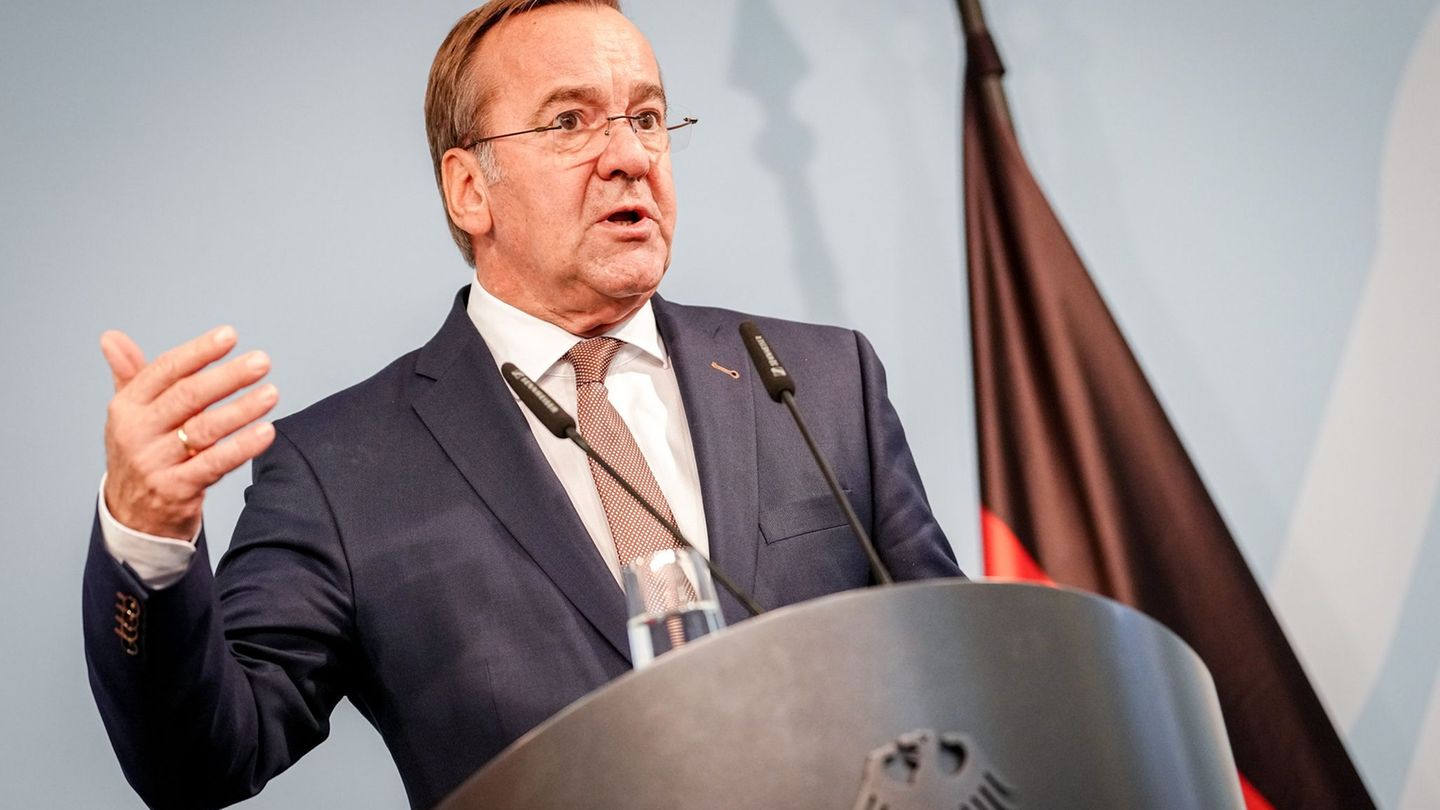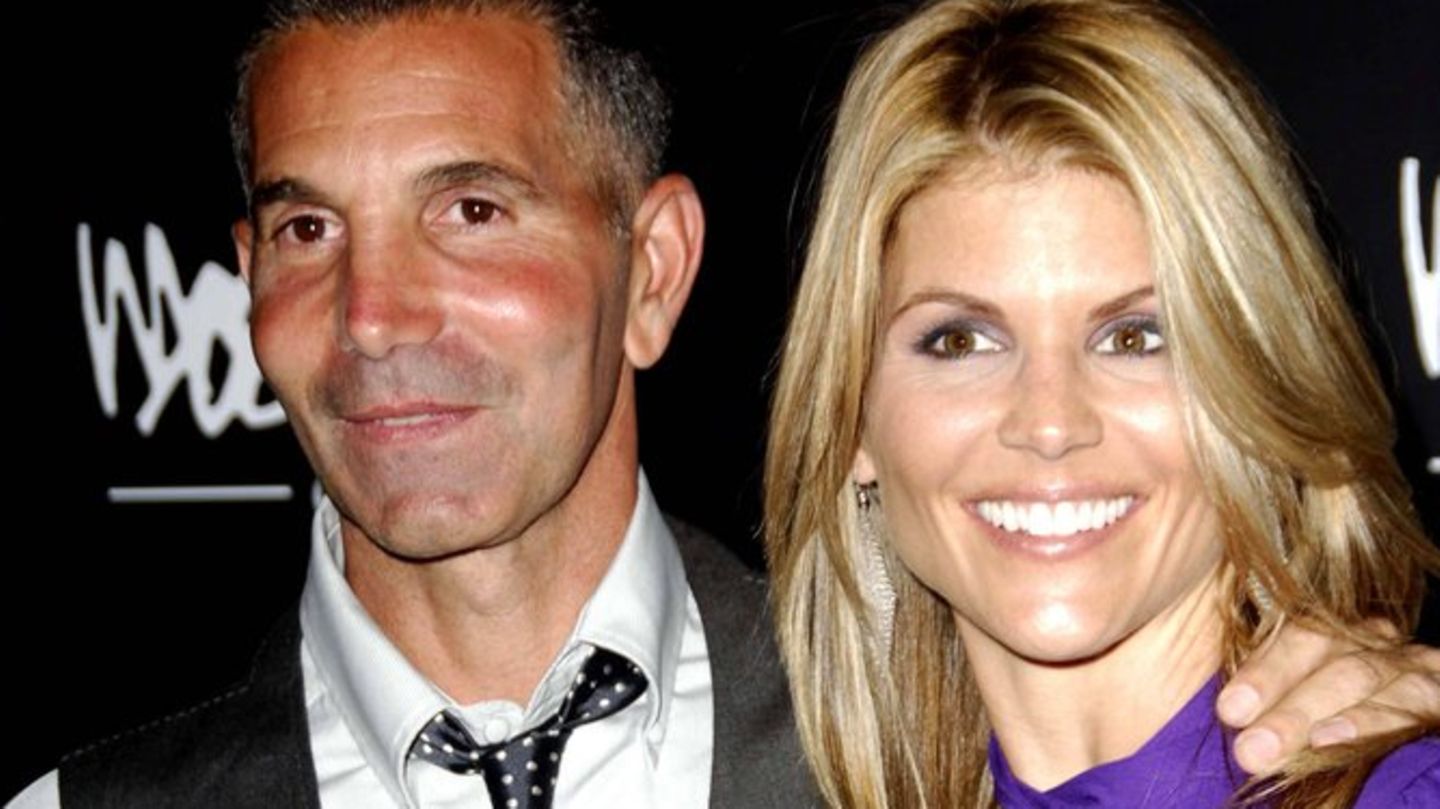On and off the field, innovative innovations and technologies have changed football. The focus is on the referees, but also on the clubs. There is no end in sight.
Timo Konietzka scored the first goal in the long history of the Bundesliga – but only the spectators in the stadium saw it on August 24, 1963. The cameraman and photographers were not ready for action after less than a minute.
Even for a reward later offered by Konietzka, no photographic document of the historical moment could be found. Today unthinkable, every millimeter of the lawn is monitored, and no longer just for the sake of players and fans.
The introduction of video evidence in the 2017/18 season is one of the most drastic of many technical innovations in six decades of the Bundesliga. “The soul of football has been taken away,” said long-time Swiss world-class referee Urs Meier of the German Press Agency, many critics would agree with him. “We have the feeling that we have more justice. But that is a sham justice. The referee and his assistants are increasingly being taken from them. They become controlled and executing puppets.”
But: With the VAR (“Video Assistant Referee”) and the previously introduced goal-line technology, there was final certainty that a goal really is a goal. “Before that, we referees and assistants could only hope that we wouldn’t experience such a situation with the ball on or behind the line,” says Meier. The hotly debated question remains how much technology, how much change is good for football – there is no end in sight for a long time.
“Personally, I prefer to get upset about a human error. That doesn’t mean that the VAR has to be abolished. But it has to go faster,” said goalkeeper Oliver Baumann from TSG Hoffenheim. Werder Bremen coach Ole Werner could imagine a time limit. “If the referee goes out or the one in Cologne takes more than a minute to see something, then it’s not a clear wrong decision,” he said on the “Werder Up’n Swutsch” talk series.
No changes for the new season
There are no changes in the rulebook for Season 61. Players, spectators and officials do have to get used to the innovations. For example, longer goal celebrations should be reflected in injury time. Only a small adjustment compared to the VAR.
“Bigger goals, larger penalty area, the playing time or flying changes. We should allow this discussion and then decide: what do we want, what not, what is a no-go?” Said sporting director Max Eberl from RB Leipzig. The so-called “challenge” of coaches, which exists in American football, among other things, is also up for debate. Not only Hoffenheim’s head of licensed players, Pirmin Schwegler, is “open” to the possibility of having a referee’s decision proactively reviewed per half.
Technological advances are unstoppable, even off the field. The importance of data is increasing, said Sascha Schmidt, head of the “Center for Sports and Management” at WHU – Otto Beisheim School of Management. “But technologies are only good if I use them wisely,” he said.
New business areas and sources of income are created
There are three areas. On the one hand, the data relates to the athlete and his training control, which can be individually adjusted. The fan benefits from various data in his stadium experience. A possibility for the future: With the help of a headset and a hand controller, a game can be viewed from different angles and player statistics can be called up. The so-called metaverse creates unprecedented opportunities, such as meeting with players in the digital space.
And the management of a club can optimize scouting with a large number of data blocks. In addition, new business areas and sources of income are created. Eintracht Frankfurt has recognized this and is taking on a role model with its subsidiary “EintrachtTech”. Interaction data from fans, among other things, can be collected there via an app. “With this innovative approach of continuous data collection and use, the digital platform can be expanded into a regional ecosystem,” said Schmidt. Eintracht partners were gradually integrated with their range of products and services. “A whole new driver is emerging,” said Schmidt.
It all no longer just sounds like the “simple game” that not only Union Berlin’s managing director Oliver Ruhnert sometimes wishes back. The rapid development and increasing use of artificial intelligence are also the next steps in professional sports.
Source: Stern
I am Pierce Boyd, a driven and ambitious professional working in the news industry. I have been writing for 24 Hours Worlds for over five years, specializing in sports section coverage. During my tenure at the publication, I have built an impressive portfolio of articles that has earned me a reputation as an experienced journalist and content creator.




